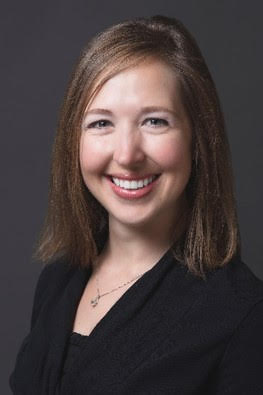
RCSE ended March on a high note by having Tom Hollis' daughter speak to us all the way from Utah! Before Tom introduced Dr. Celeste Buckley, President Laura Lane McKinnon announced a return to The Pirates House on Friday, April 9th. It will be a hybrid format in case some people would rather participate via Zoom. Masks and social distancing protocols will be in place for those attending in person.
Dr. Celestia Buckley is a psychologist in Utah who works with children, adolescents, and young adults at Primary Children's Hospital in the sleep clinic. The title of her presentation was "Sleep Disorders, Frequently Occurring Problems, and Interventions." Over time, people need less sleep. However, adequate sleep is necessary for vital functions and aids in better health outcomes. Overall, sleep effects your well being.
Insomnia is defined as having difficulty with falling asleep, staying asleep, waking early, or poor sleep quality. It is also associated with daytime impairment. In order to have a diagnosis of insomnia, the sleep problem needs to occur three times per week for at least three months. There are two types of insomnia. The first is behavioral insomnia of childhood. For example, a child needs a parent in the room to fall asleep. The other type is classic which is experienced by young adults and adults. If you spend a lot of time awake in bed, then your brain associates being awake while in bed. Insomnia can be evaluated through sleep logs, questions, sleeping in the hospital for observations and actigraphy.
Insomnia is treated using Cognitive Behavioral Therapy or Brief Behavioral Therapy. Stimulus Control Therapy helps retrain the brain to think it needs to be asleep while in bed. Sleep Restriction Therapy involves creating a minor sleep deprivation and restricting time spent in bed. Cognitive Restructuring aims to change your thoughts about sleeping. Ideally, the room where you sleep will be cool, dark, and a quiet environment. Some tips for getting a good night sleep include not taking daytime naps, exercising during the day, avoiding caffeine too close to bedtime, and using a noise machine (white noise).
There were many questions asked to Dr. Buckley about sleep. In response to a few of those questions, Dr. Buckley said that melatonin is helpful for sleep onset but not staying asleep throughout the night, sleeping medicines can affect your quality of sleep, and you should not have any bright lights or blue screens two hours before bedtime.